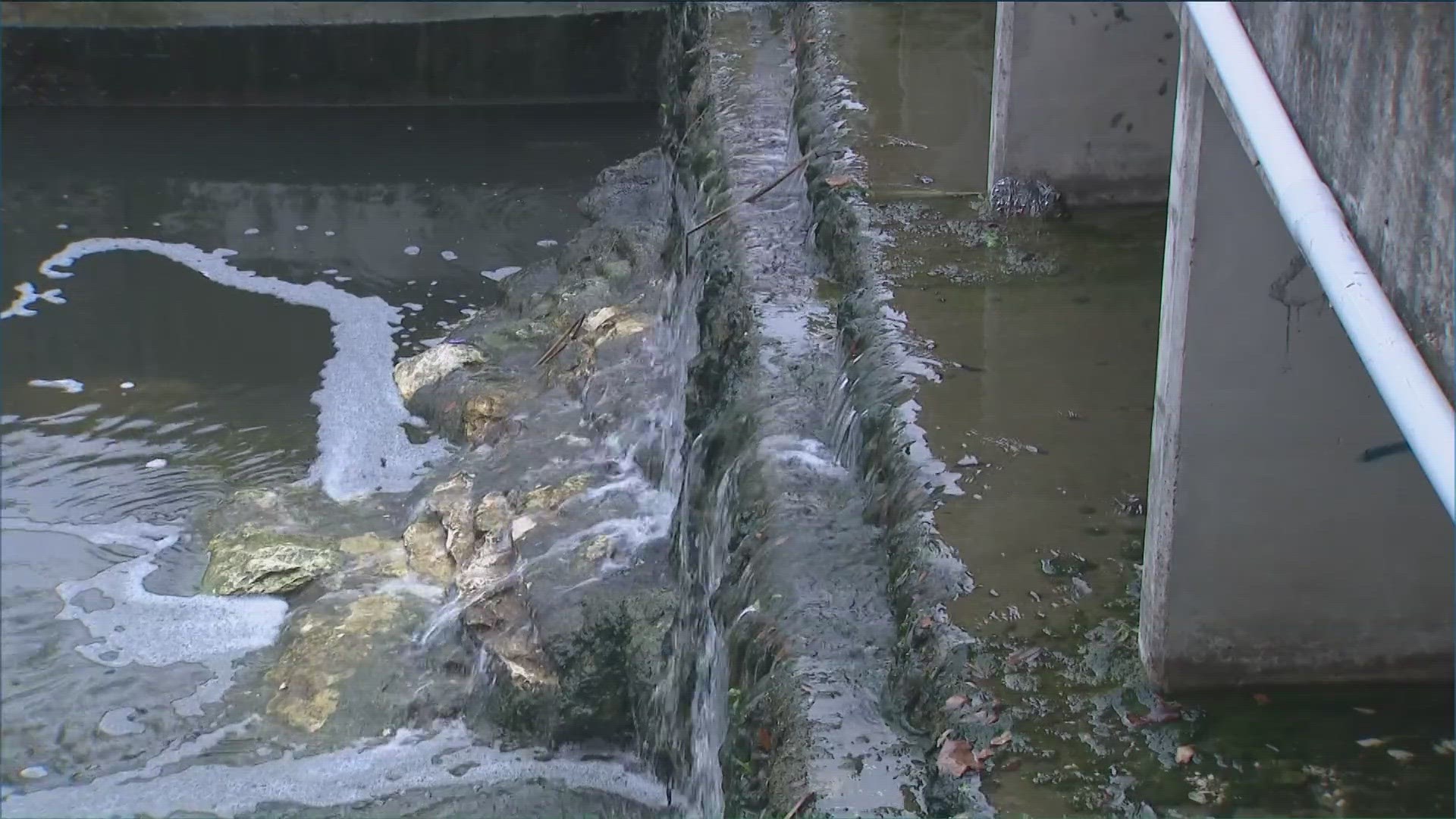AUSTIN, Texas — An estimated $19.7 million project aimed at reducing the risk of flooding for a North Austin neighborhood is about to enter Phase 2.
On Thursday, the project team attended a North Austin Civic Association meeting to provide an update on the Little Walnut Creek Flood Risk Reduction project, which kicked off in late August 2023.
The new project manager, David Kankle, was introduced Thursday and laid out a presentation alongside John Fletcher, who works with the city's Capital Deliver Services Department, on what's been accomplished in Phase 1, focusing on the area between Rutland Drive and Mountain Quail Road.
Crews installed new wastewater and water lines and special culverts known as box culverts to help water flow more freely.
In Phase 2, the same work is expected, such as installing box culverts from Parkfield Drive to Mountain Quail Road, as well as installing new curb inlets.
The project has been in the works for years – and it's one neighbors who live in the area have been waiting for.
Homes along Little Walnut Creek are prone to flooding any time rain falls, leaving residents in a state of panic because of storms that ravaged the neighborhood last April and flooded dozens of homes.
To this day, some are still dealing with the extensive damage.
For part of the project, it was noted that crews will be directly working in front of homes, but Kankel said neighbors will be notified through emails, fliers and on the project's website.
Some residents who were at Thursday's meeting also pointed to safety for children in the area, considering there are kids who walk to and from schools.
Fletcher said the city has been in communication with the schools but will be reaching out to the Austin Independent School District to get the word out and enhance that effort for safety.
Ann Teich, a community organizer who was at the meeting, has lived in Austin for decades and stressed the necessity of the project as she had seen the negative impacts of getting it up and running over the years.
"Historically, developers have not paid attention to that information that we are in the floodplain. So remediating the area so that it's safe and there's no flooding or relatively minor flooding, it's very, very important and I'm glad to see it," Teich said. "I'm very pleased with the, when I see the cross communication between departments to do a complex project like this."
Phase 2 is set to be completed by December, with Phase 3 set to start in January 2025.
The whole project is expected to wrap up in 2026.

